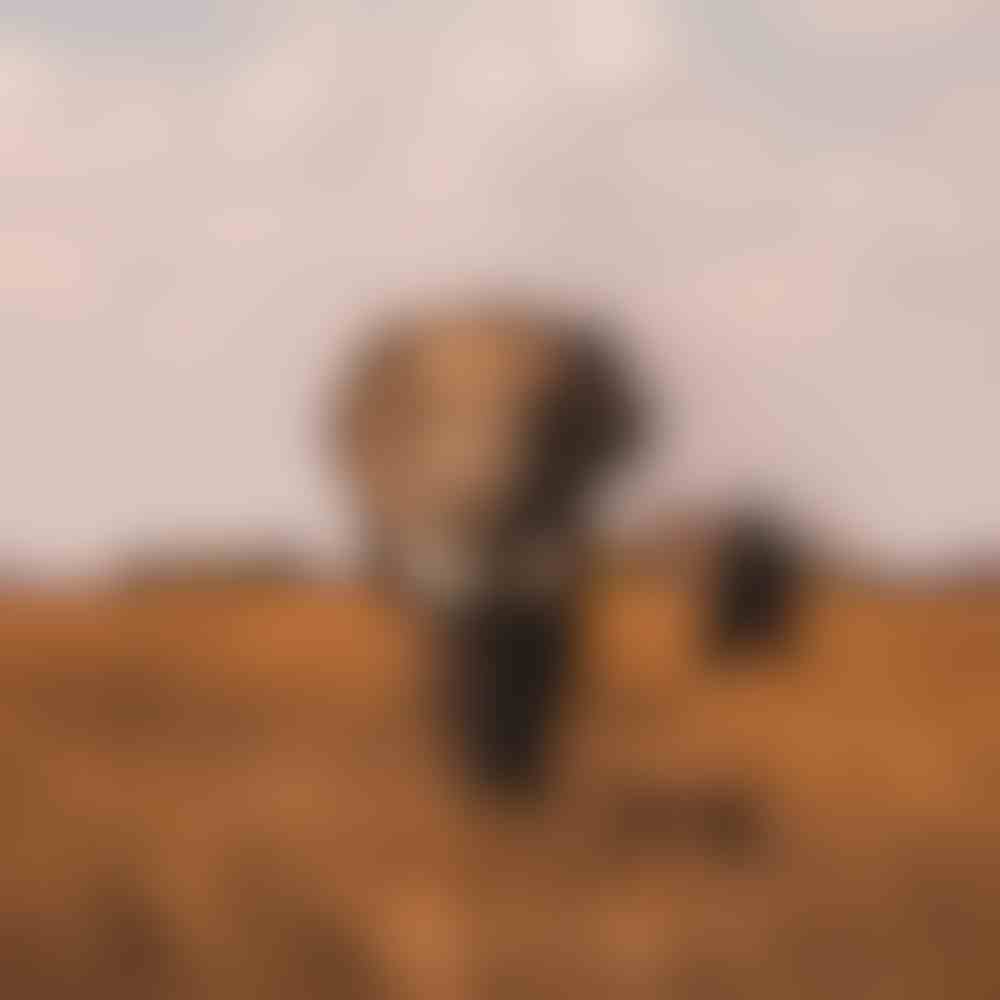Together We Succeed
Community Partnership
Ol Jogi embraces a holistic approach to conservation, which means we care as much about the essential human component that accompanies any preservation of an ecosystem and its wildlife. For the past four decades, we have been working closely with our surrounding communities. We are committed to the positive development of our region and consequently, support a wide range of community projects. Additionally, we’ve developed and sponsored several sustainable programs that help improve livelihoods for our neighboring communities.
Employment
Ol Jogi employs about 300 staff members, with more than 70% of them hailing from local communities. We are one of the very few conservancies in Kenya that allow families of staff to reside on the property. This means that today, Ol Jogi Wildlife Conservancy hosts about 1000 people within its boundaries that come from all over Kenya. We have maintained our commitment to provide each family with free housing, water and electricity; free mobility to the closest city; free healthcare; and access to free education at our primary school on site. We believe that the wellbeing of our staff and their families are an integral part of the success of our conservation efforts.
Education
Another unique characteristic of Ol Jogi Wildlife Conservancy is that we operate a school of 230 children on site. With 12 teachers, three cooks, and three security staff, our school runs from kindergarten level to the end of the primary school cycle. This means we provide over ten years of free quality education to the children of our staff. We have also built and supported several schools in our neighboring communities as we acknowledge the crucial importance of education for future generations.
In addition, we fund a secondary school, college, and university bursaries every year for both the top-ranking students of our own school and also for the most deserving students from our neighboring communities.
Health & Safety
Ol Jogi Wildlife Conservancy runs a medical dispensary with a full time nurse who provides free medical care to our staff as well as to communities around us. Our dispensary has a pharmacy containing a wide range of free medication and serves as a distribution point for vaccination campaigns in the area. It is also an information center for maternal and child healthcare, family planning, and actively works disease prevention throughout the region.
Rangeland Management
Land management is a crucial element in ensuring a productive and sustainable balance between human and wildlife activity in this region. We are firm believers in the approach of integrated cattle management, using elements of Allan Savory’s holistic grazing model, to help prevent soil erosion and enable the rehabilitation of bare land. Having benefited first hand from this approach, we are keen to share our experience and knowledge with our neighbors. We host up to 1,500 community cattle within the property for up to ten months of the year in order to provide our neighboring communities a means for overgrazed land to restore itself. Simultaneously, we employ herdsmen from the community so they too can learn the techniques of holistic grazing management so that they can replicate these sustainable systems when they return to their homeland.
In addition to the cattle program, Ol Jogi actively seeks solutions to invasive plant species such as the Opuntia cactus, which has been extremely detrimental to the livelihoods of our neighboring communities. Over the years, we have dedicated a lot of investment and effort to research to stall their propagation.
Security
Security is a fundamental requirement without which societies cease to function effectively. Ol Jogi currently has 33 National Police Reservists who have received a high level of security training. They have the very best equipment and support capability, not forgetting our canine unit and aerial support. Ol Jogi invests significantly to uphold security in the communities adjacent to the conservancy, thereby creating a safe environment for both humans and wildlife.
Women Empowerment
We support various initiatives within Ol Jogi and in our neighboring communities that seek to empower women. These range from supporting them in acquiring skills for entrepreneurship, increasing and diversifying their revenue streams, building infrastructure for their activities, to giving them access to information and means on essential information such as family planning, general healthcare, HIV, and TB.
Human wildlife conflict
Human-wildlife conflict refers to the negative interactions between wild animals and humans, and the resultant impacts on people, animals, resources, and habitats. It occurs when growing human populations overlap with established wildlife territory, creating competition for space and resources.
Ol Jogi works together with the Government of Kenya to implement mitigation measures to prevent human-wildlife conflicts, such as livestock predation by carnivores and elephant crop destruction. We have also developed special wildlife corridors that traverse public roads so that vehicles and neighboring communities are protected from wildlife straying onto public roads.
Water Supply
During the past four decades, we have made important investments across the region to ensure people and livestock have access to water during times of drought. We have built boreholes and dams and helped build infrastructure to distribute water.
Ol Jogi has built more than 55 man-made water reservoirs on the Conservancy, as well as several outside of us. This ensures that during times of drought wildlife and community cattle have access to water.
The Conservancy benefits from an elaborate underground piped water circuit, allowing us to transport water from the river or boreholes and distribute it several miles away into water troughs.
Rainwater catchment and storage is proving to be more and more important as water has become a scarce resource in times of drought. We are continuing to invest in this so we can have a healthy supply of water during the dry season.


